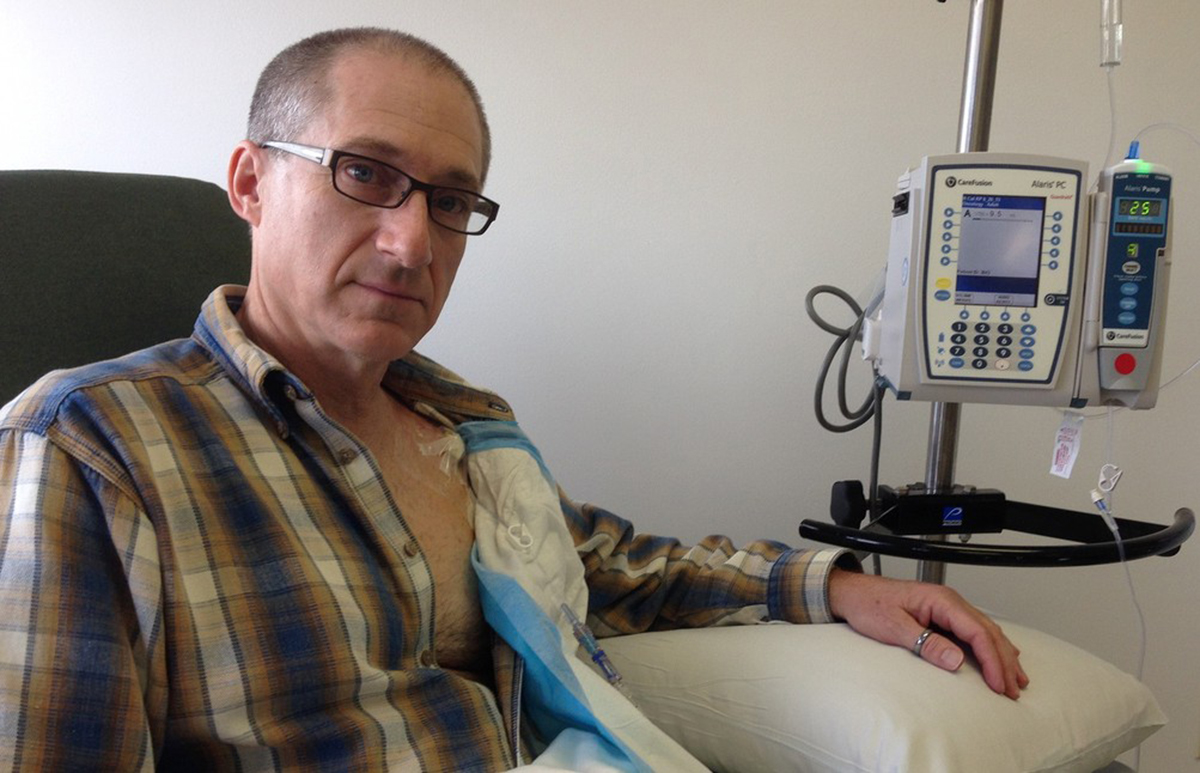Table of Contents
Q: Are there any other options that do the same job as chemotherapy, but with fewer side effects?
Chemotherapy drugs are unique in their mechanism of action. There are no other approved treatments that act in the same way, but have fewer or no side effects.

Some cancer patients, unsatisfied with the effects chemotherapy has on their bodies, seek alternative treatments.
There are some generally safe alternatives, and others which are unproved and even dangerous. Alternative cancer treatments should be meant to supplement conventional therapies and not as a replacement. Patients should discuss their intentions and the various alternatives with their doctors, so as to preserve their safety and well-being.
Q: What can I do to prepare for chemotherapy and thus suffer less with the side effects?
Preparing for chemotherapy can help minimize side effects and enhance your overall experience. Start by maintaining open communication with your healthcare team, discussing your concerns and questions. Consider seeking emotional support through therapy or support groups to cope with the psychological aspects of treatment.
Stay well-hydrated and maintain a balanced diet rich in nutrients to support your immune system and energy levels. Prioritize rest and stress reduction techniques, such as meditation or yoga, to strengthen your physical and mental resilience. Discuss potential side effects and their management strategies with your healthcare provider in advance.
Plan for transportation to and from treatment sessions, and arrange for a support system of family or friends who can assist you when needed. Lastly, create a comfortable and positive environment at home to aid in your recovery, and have essential items within reach, such as medications and comforting items. By taking these steps, you can better prepare yourself for chemotherapy and potentially reduce the impact of side effects on your well-being.
Q: What will change in my daily life because of chemotherapy? Will I able to go to work?
A patient’s capability to maintain their daily rhythm will depend mostly on their response to treatment. Certain patients are able to keep going to work, school and other activities. However, others experience extreme fatigue and, in these cases, rest is encouraged.
In order to accommodate to their working hours, patients may schedule their treatments late in the day or right before weekend, so that they interfere less with work. Others might find it more suitable to work from home or arrange a part-time schedule.
Q: Are there any foods or drinks that I should avoid when doing chemotherapy?
Generally, food does not interfere with chemo drugs. Once again, treatment regimens vary widely and consulting with your doctor is the best way to get the most appropriate answers to your case. Regarding alcoholic drinks, there is usually no problem in drinking one glass of wine a day, but this should also be checked with a doctor, as alcohol is actually contraindicated in some conditions.
Q: Are there any medications that interfere with chemotherapy?
It is very important that patients are honest with their doctors about all medications (prescription and non-prescription), supplements, vitamins and herbs that they are using before starting chemotherapy and while the treatment is ongoing.
See Also: Could A Single Drug Treat Every Kind Of Cancer?
Q: How do I know if chemotherapy is working?
There are various ways of knowing if chemotherapy is working. This may include certain tests, such as physical examinations, blood tests, bone marrow biopsies, CT scans and x-rays. The outcomes of the tests will help doctors understand the effects that chemotherapy are exerting on the tumor – if it is working, if changes need to be made to the treatment regimen or if it is better to complement it with other therapeutic strategies.
Some people think that severe side effects mean that chemotherapy is working well, or that no side effects mean that chemotherapy is not working. The truth is that side effects have nothing to do with how well chemotherapy is acting on the cancer.
- Early Breast Cancer Trialists’ Collaborative Group (2012) Comparison between different polychemotherapy regiments for early breast cancer: meta-analyses of long-term outcome among 100 000 women in 123 randomised trials. Lancet, 379, 432-444.
- Photo courtesy of Rhoda Baer by Wikimedia Commons : commons.wikimedia.org/wiki/File:Patient_receives_chemotherapy.jpg
- Photo courtesy of Stephen Dickter by Flickr : www.flickr.com/photos/sdickter/3563942566
- Photo courtesy of Ed and Eddie by Flickr : www.flickr.com/photos/edandeddie/12921492634
- www.mayoclinic.org/diseases-conditions/cancer/in-depth/cancer-treatment/art-20047246
- www.cancer.org/treatment/treatmentsandsideeffects/treatmenttypes/chemotherapy/understandingchemotherapyaguideforpatientsandfamilies/
- www.henryford.com/body.cfm?id=55929
- www.cancer.gov/cancertopics/coping/chemotherapy-and-you.pdf


Your thoughts on this